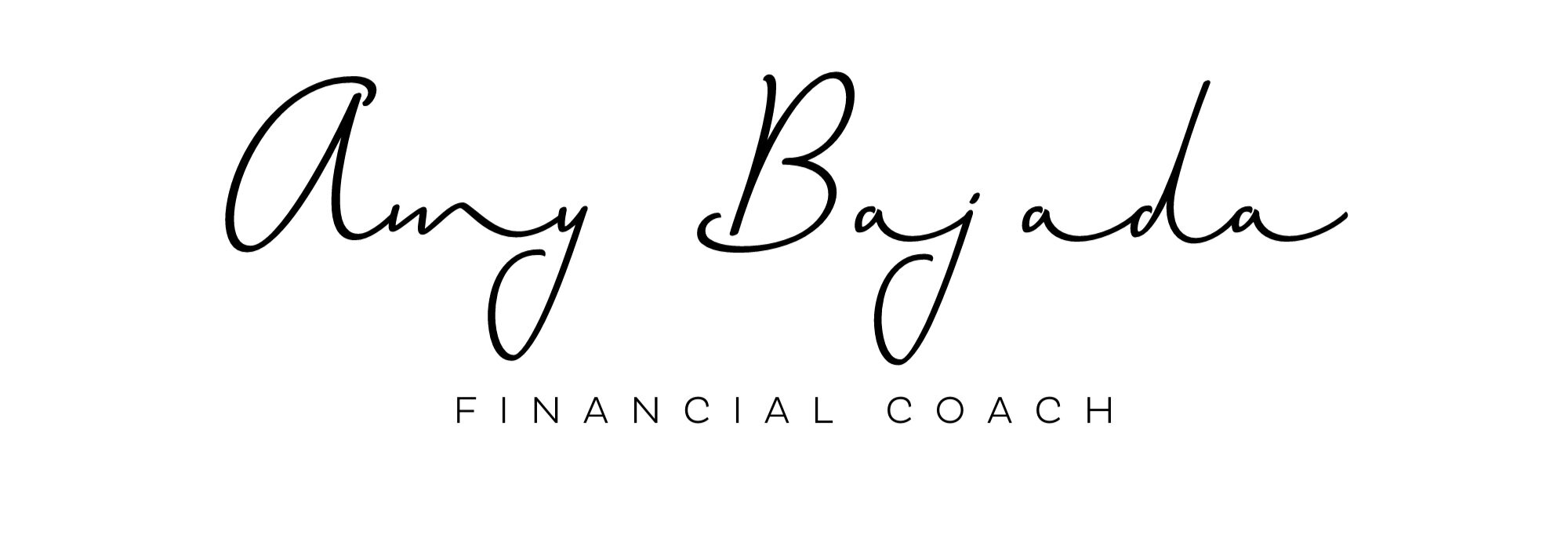Payment terms and small business
It goes without saying that cash flow is a big thing in any business! But what’s important to understand about cash flow is, that whilst a lot of businesses believe that most of the time they can’t control the flow of cash and that it’s a guessing game for the most part, you actually are in complete control of as and when cash comes and goes in your business.
What do I mean by this? … As a business owner you need to start to take control of how you operate your business and taking control includes having some sort of contact with your suppliers, understanding what your cycle time is with them and how that can impact on your own cash fluctuations. Know those outflows that you can’t change the timing of, and use this information to build what sort of payment terms you actually give to your customers.
One of the biggest things I find with business owners is that they often submit themselves to this whole notion of 7, 14, 21, 30 day payments terms purely because “that’s the way its always been done” and “that’s the way everyone else is doing it”. But ask yourself honestly … does that suit YOUR business? … does that actually help YOUR business? … You’ve got to be able to examine correctly what your needs are as a business owner. What your payment cycle times are and how your business will tolerate those payment cycle times. It’s one thing to say “ok I’m going to give 14 day payment terms” or even 7 day payment terms but is that 7 day payment terms once the work has been done? Because the reality is, you’ve probably spent already more than 7 days working on the project … so does that constitute 7 real days? Can your business handle that? … Can your obligation to your own costs handle that? … Can your cash flow handle that? … and if they can’t handle that, is 7 days actually worth it for you?
Should you consider implementing up front deposits as a strategy? Or simply consider having different payment terms for different clients based on the different tasks, services, or products that you provide to them. Do you need to have payment terms at all? Should it be paid upon receipt?... There is no Plan B if you’re not getting paid as a small business owner.
So if you’re working tirelessly to be able to achieve a particular outcome for your business, you have to understand what the constraints are in offering up any type of payment term. We often don’t even look at this and so many businesses fail as a result of it. It has to be what suits you and when I say ‘suits you’ I’m talking about does it suit the cycle of your payments going out? Consider a cost like wages … if you’re not getting your money in on time, and you’ve got to allow for not everyone paying immediately, can you afford to pay your wages out if they don’t pay you? Can you afford to pay what you need to pay out in the time that your waiting for someone else to pay in? Not all of us have excess cash sitting around that we can draw upon to be able to fill in those gaps when payments aren’t coming in because we’re still performing the particular task for the most part.
Some further considerations; implement a deposit system prior to the work commencing, offering a retainer system, have different types of payment options available to them eg: EFTPOS, Direct Debit, Credit Card, PayPal etc, placing an administration fee on overdue accounts, or simply ensuring that a signed contract is in place for the agreed service delivery (regardless of job size) and include obvious and strict payment terms for your clients to legally be obliged to commit to.
Whatever structure you choose to implement in your business, its success is reliant upon ensuring it’s based on your businesses individual needs and your consistency in measuring it’s success and implementation!! After all, a sale without payment isn’t a sale at all!!!

